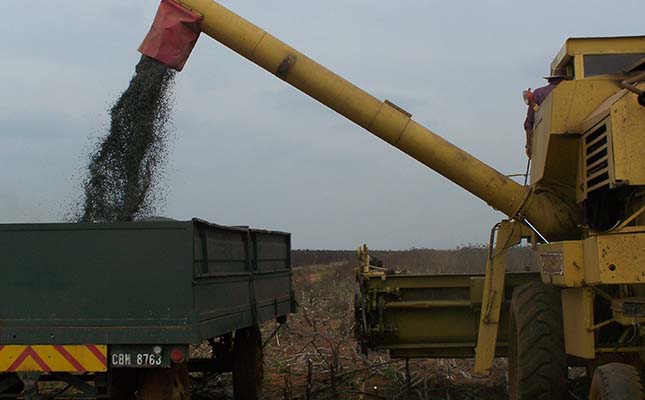
Photo: FW Archive
The extension of the temporary relief of R1,50/l on the fuel levy by government to try and ease the pressure on South Africans following fuel price increases on Wednesday (1 June), has been widely welcomed.
However, Kevin Mileham, a DA MP, said in a statement that it showed how absolutely flexible and unnecessary the fuel levy was.
“With 33% added to the fuel price through taxes and levies, the government is taxing South Africa into poverty. The knock-on effect will literally take food off the table of hundreds of thousands of people.”
He said it would be better if the entire fuel levy and Road Accident levy were scrapped, which totalled R3,93/l and R2,18/l respectively, and the fuel industry was deregulated to allow competition to drive prices down.
Bennie van Zyl, general manager of TLU SA, however, did not believe that the scrapping of the levies was a good idea.
“Government needs funds to maintain infrastructure, and if it does not get it via fuel sales it will get it another way. Fuel sales are an equaliser, because unlike personal income tax where only five million people pay taxes, everybody has to pay these levies.”
A better solution, according to him, would be for government to improve the way in which it administered funds to reignite the economy, and “to scrap B-BBEE and cadre deployment as the country can no longer afford these luxuries”.
“The escalation in input costs, especially that of fuel and fertiliser, is making it almost impossible to farm profitably at the moment, which in turn will affect food security in the country,” Van Zyl said.
Andries Theron, Grain SA’s canola specialist committee’s vice chairperson, confirmed that the hike in fuel and other input costs had increased grain production costs by an average of 40% over the past year, which meant that farmers had to generate 40% more income to cover their production costs.
He said it took between 7l and 11l to plant 1ha of grain, which translated to between R161,63l/ha and R253,99l/ha at the current cost of diesel. For a farmer who planted 1 000ha, this translated into a total cost of between R161 630 and R253 990.
“Farmers never imagined that prices would reach this [level] at the start of the year, when diesel prices were still around R17/l, which was already a shocker at the time.”
He pointed out that the majority of grain farmers had been affected, both those in the winter rainfall regions who were finishing their planting now, as well as those in the northern regions who were harvesting in trying wet conditions that were further driving up production costs.
Consumers were, however, just as bad off. “Perhaps the top 20% of the economy is unaffected by these high fuel prices, but the rest of the people are suffering. They have to reduce their spending on food, of which prices are also sky-high, to absorb the increased cost to get to work and send their children to schools.”
The price increase for June for 95-octane unleaded petrol was R2,33/l, and R2,43/l for 93-octane unleaded petrol, while it was between R1,07/l and R1,10/l for diesel.










